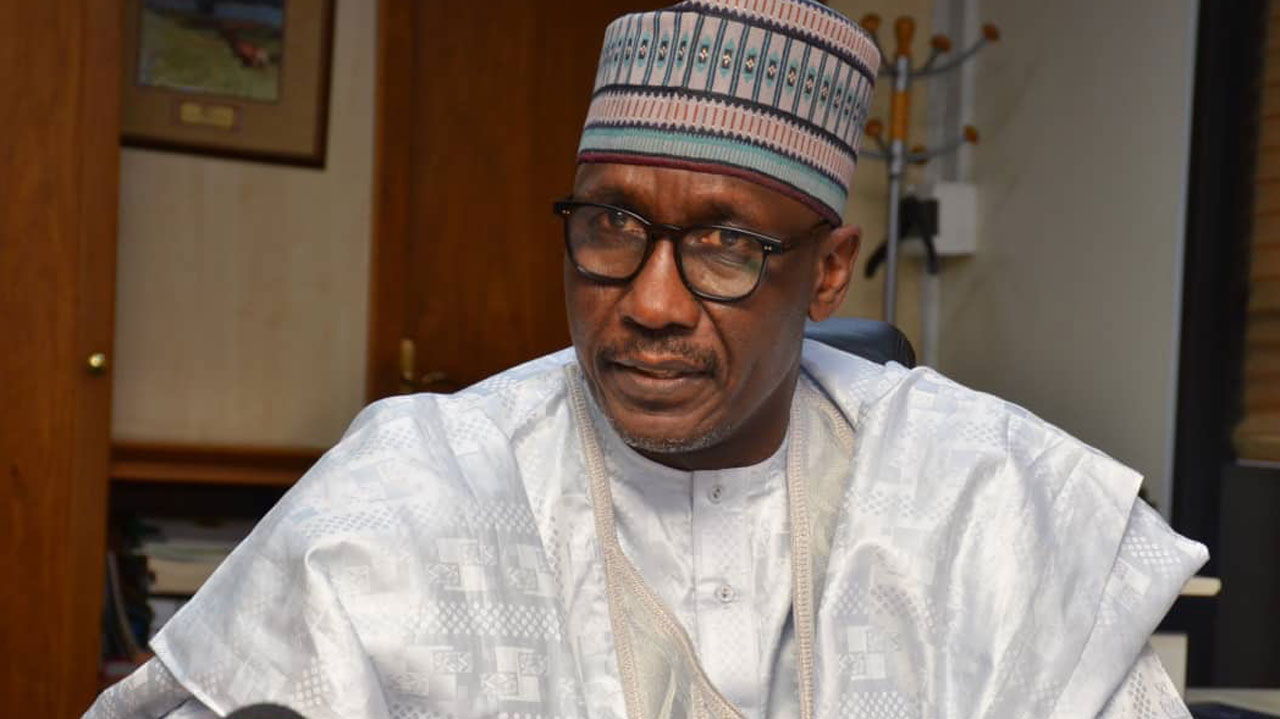The report that the Nigerian National Petroleum Company Limited (NNPCL) has set an open-ended time that the Port Harcourt Refining Company Limited will produce refined petroleum for local consumption has dampened the excitement among Nigerians that this year the scarcity of petrol would end. The report countered the hope that, after five missed timelines, petrol would flow from the refinery to dispensing stations across Nigeria before the end of this month. Now that we have entered into the last weeks of August, the company has said ambiguously that the process of producing petrol from the refinery was ‘on course.’
The Port Harcourt refinery has the capacity to refine 210,000 barrels of crude oil per day.
Such position demonstrates how the Ministry of Petroleum Resources and the NNPCL have been taking Nigerians for a ride by regularly extending the goal post for the renovation and revival of the government-owned refineries. Though, Nigerians have viewed with curiosity the fact that the country’s four refineries in Port Harcourt, Warri and Kaduna have all failed to refine crude oil at the same time since 2019, they had condoned the regular pledges by the public and civil servants in the sector that the country would begin to produce refined products in recent years.
For instance, in 2017, Emmanuel Ibe Ukachukwu, then Minister of Petroleum Resources under President Muhammadu Buhari, vowed to resign if Nigeria did not begin to refine crude oil by 2019, and export refined products by 2020. This did not happen. Instead, all the nation’s four refineries were shut down in 2019 because they did not have the capacity to refine products, though without fail the country paid huge sums for their annual Turn-Around Maintenance (TAM).
Harnessing biogas power for Nigeria’s green energy revolution
National Council of State, muting the voice of democracy?
That same year, the federal government approved $1.5 billion for the repairs of the Port Harcourt Refinery, and the contract was awarded to an Italian firm, Maire Tecnimont. At the time, the Minister of Petroleum Resources, Timipreye Sylva, had said specifically that “Our objective is… to ensure that in the next few years, Nigeria stops fuel importation. From what we have seen here… Port Harcourt Refinery will come on board by the end of the year (2019). The first phase is to be completed in 18 months, which will take the refinery to a production of 90 per cent of its nameplate capacity… the second phase would be completed in 24 months and the third in 44 months.”
With such huge funding, hopes were raised that products would flow from the Port Harcourt Refinery before the end of the Buhari administration. The NNPCL Group Chief Executive Officer, Mele Kyari, for instance, told Nigerians that by the first quarter of 2023, the refinery would produce petrol. It did not happen. He later promised that petrol would be produced in the second quarter. That promise was not realised.
In August last year, the Minister of State for Petroleum Resources (Oil), Senator Heineken Lokpobiri, said the Port Harcourt Refinery would recommence operations in December. He made the promise during an inspection tour of the rehabilitation work at the plant. Based on that, he promised that Nigeria would stop petrol imports in February 2024.
As the December 2023 deadline failed, and Nigerians expected that in the early part of this year, NNPC Ltd would make good its promise. It did not happen. But while speaking before the Senate in July this year, Kyari said: “I can confirm to you, Mr. Chairman, that by the end of the year, this country will be a net exporter of petroleum products. Specific to NNPC refineries, we have spoken to a number of your committees, and it is impossible to have the Kaduna Refinery come into operation before December; it will get to December, both Warri and Kaduna, but that of Port Harcourt will commence production early August this year.”
From the foregoing, it is apparent that either the NNPC Ltd has failed to keep the contractors on their toes to keep to the timelines set for the completion of the Port Harcourt Refinery or that those who benefit from the shameful importation of petroleum products into Nigeria want to continue to extend the regime. But this is totally unacceptable to Nigerians who are at the receiving end of the chaotic and hide-and-seek activities in the midstream and downstream sector of the nation’s oil and gas sector. The high cost of the pump price of petroleum products and the frequent scarcity have both financial and economic consequences for the people. No other oil-producing country in the world faces this embarrassment. And yet, the federal government is reluctant to whip anyone into line.
The managers of the Nigerian oil and gas sector must stop taking Nigerians for a ride. It is obvious that the truth about the high cost of refined products, collapse of our refineries, fuel importation, non-repair of the refineries, and oil theft is still being concealed by those who are bent on making life extremely difficult for Nigerians. We hold both the Minister of Petroleum, Lokpobiri and NNPC Limited’s GCEO Kyari, to their promises that locally-produced petrol will be sold in August 2024. This is August 2024. There should be no further extension of the delivery date.

 Join Daily Trust WhatsApp Community For Quick Access To News and Happenings Around You.
Join Daily Trust WhatsApp Community For Quick Access To News and Happenings Around You.


